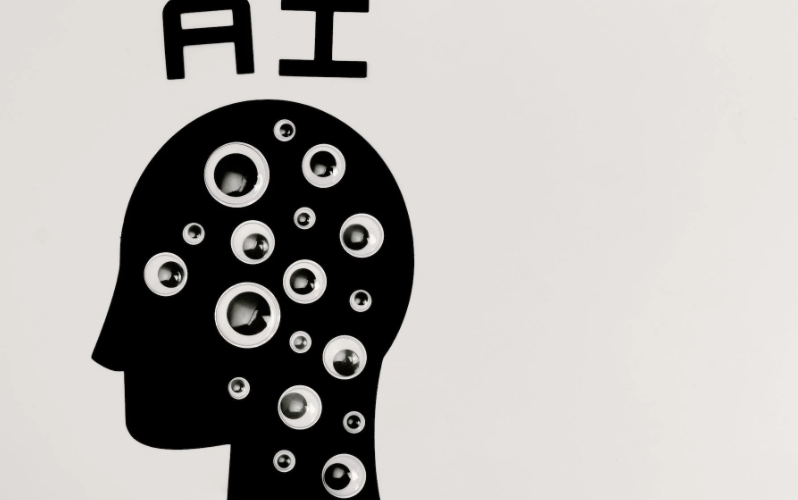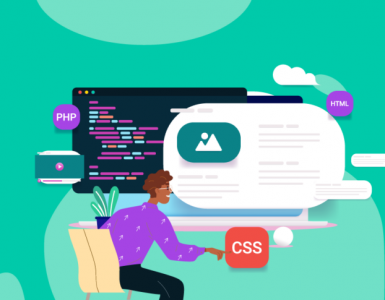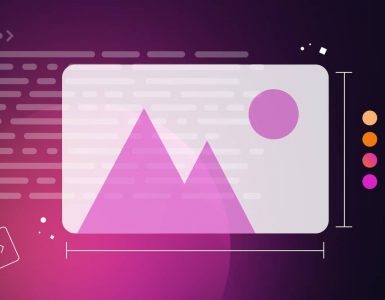Generative AI is set to transform DevOps, automating processes and improving productivity. Recent developments highlight the tremendous potential of large language models to enhance CI/CD pipelines, infrastructure provisioning, monitoring, testing, and more.
Developed with insights from Talent500 leadership, this article explores the current traction of AI in transforming core DevOps functions through an analysis of emerging vendor capabilities. It also outlines recommended strategies to harness AI for gains in velocity, quality, and efficiency across the software delivery lifecycle.
We have also included a separate section on the outlook of Generative AI in DevOps that examines future opportunities along with challenges around ethics, reliability, and skills.
Let’s get started:
Two DevOps Tools That Adopted Generative AI Recently
Generative AI is making inroads into DevOps workflows, aiming to reduce manual toil and boost productivity. Harness has incorporated large language models into its CI/CD platform, enabling natural language policy definition, automated security scanning, and an AI assistant to analyze logs and suggest fixes.
Over the next months, capabilities like automated code reviews and chaos engineering will be added. By training models on public data, Harness averts proprietary code risks.
Harness predicts 30-50% DevOps productivity gains and 50-75% faster vulnerability remediation from its generative AI. This could induce more organizations to replace legacy CI/CD systems.
Meanwhile, Kubiya.ai launched an AI assistant for platforms and knowledge management. Users can access DevOps functions conversationally, without switching contexts across tools. Thousands of prebuilt automations deploy through natural language in minutes. The self-learning behavioral AI adapts to new scenarios.
As a headless platform within messaging apps, Kubiya enables provisioning infrastructure, triggering deployments, and generating reports conversationally. The frictionless approach boosts efficiency over traditional tools.
Thus, Generative AI brings tangible productivity benefits to DevOps. But it requires careful training to avoid misuse of proprietary code or introducing new risks. Organizations must balance innovation with governance.
Strategies
Generative AI models are rapidly advancing capabilities in predictive analytics, anomaly detection, code analysis, test automation, monitoring, and incident response for DevOps teams.
By leveraging large datasets and neural networks, these AI systems can analyze software delivery performance, detect potential issues, suggest fixes, and optimize workflows. Several key areas where generative AI is impacting DevOps (with the relevant tools listed) include:
Intelligent Predictive Analytics and Anomaly Detection
Tools like Dynatrace utilize artificial intelligence to automatically baseline normal application performance and infrastructure metrics. By continuously analyzing metrics and logs in real-time, the AI engine identifies anomalies indicative of emerging issues.
The models determine causation through correlation analysis on interrelated metrics across application components, enabling rapid troubleshooting. This predictive capability allows teams to get ahead of potential problems before they cause system degradation or outages.
Enhanced Static and Dynamic Code Analysis
Powerful neural networks can be trained on large corpuses of source code to learn nuanced programming patterns and anti-patterns. AI-powered code analysis platforms like DeepCode and SonarQube apply this knowledge to identify problematic coding practices, security vulnerabilities, and areas for optimization.
For example, DeepCode’smodels can suggest fixes and improvements for code snippets based on millions of GitHub repositories it has analyzed. Meanwhile, SonarQube’s AI highlights bugs, code smells, and security hotspots directly within IDEs to enable developer remediation.
Intelligent Test Case Generation and Execution
Instead of manually coding test cases, AI testing tools like Functionize and Testim can automatically generate robust test suites using heuristics and combinatorial techniques. The AI engines learn expected application behavior through techniques like computer vision and natural language processing.
Machine learning is applied to iteratively improve test coverage and defect detection rates. Automated test execution is accelerated by parallelizing test runs across browsers and devices. Human testers are freed to focus on exploratory testing for new scenarios.
Log Anomaly Detection and Root Cause Analysis
Machine learning algorithms excel at finding patterns and outliers in high-cardinality log and event data. Logz.io leverages AI to parse millions of log messages and highlight problematic trends impacting application reliability and security.
Clustering and correlation of interrelated events enables the AI engine to pinpoint root causes amid a sea of alerts. This reduces event noise enabling faster troubleshooting. Splunk also auto-detects and diagnoses app issues through AI analysis of metrics and logs.
Intelligent Incident Management and Post-Mortem
AI helps automatically prioritize and route alerts to optimize incident response. PagerDuty uses event data to determine incident severity, likely causes, and best responders. Automated playbooks can be launched to mitigate issues and keep services running.
Post-incident, AI analyzes chronological event data flows to generate timeline diagrams and summaries explaining root causes. Lessons learned are used to tune alerting rules and prevent recurrence. BigPanda also uses AI to reduce alert noise, diagnose issues, and accelerate remediation.
AI-Driven CI/CD Optimization
Harness utilizes machine learning to analyze release pipelines and suggest improvements. Historical pipeline run data is used to predictively model deployment failure risks. The AI identifies inefficiencies in build, test, and deployment processes for rectification. CircleCI also monitors pipeline analytics to detect bottlenecks.
AI auto-scaling intelligently provisions infrastructure to speed runs and auto-cancel redundant builds. Release velocity increases through AI driving continuous improvement.
Outlook
By 2032, the global market for generative AI in DevOps is projected to be worth around USD 22,100 Mn, up from USD 942.5 Mn in 2022. The market is expected to grow at a CAGR of 38.20% from 2023 to 2032.

(Image Credits: Market Research)
Undoubtedly, Generative AI brings immense potential to supercharge DevOps, but organizations must navigate challenges too.
Automating workflows, accelerating coding, enhancing quality, and optimizing resources are key drivers. Intelligent algorithms can generate code snippets or entire programs, slash manual work, speed up testing and deployment, boost product reliability, and maximize infrastructure efficiency.
However, ethical and security risks around AI-generated code are restraints. Stringent QA and guidelines are needed to ensure integrity. Reliability also requires continuous model monitoring and maintenance as practices evolve. Adoption may be hampered by skill gaps. Training and upskilling are vital.
Despite hurdles, opportunities abound. Developer productivity could skyrocket by automating rote tasks and providing smart suggestions. Continuous integration and agile development would thrive thanks to rapid iterations, seamless updates, and quick responsiveness. Customization potential is vast, by training models on specific domains or datasets.
The outlook is bullish, provided governance keeps pace. Quality assurance, ethics policies, transparency, and human oversight will be crucial. With responsible implementation, generative AI may profoundly transform DevOps. But it is not a panacea – its strengths must be carefully leveraged while proactively managing risks. Discipline and vision could unlock immense gains.
Wrap Up
The rapid evolution of generative AI represents a watershed moment for DevOps. As highlighted in this piece, leading-edge capabilities in intelligent analytics, automated testing, AI-driven coding, and more are set to bring immense productivity and innovation gains.
However, realizing the full potential requires measured adoption and responsible implementation. Rigorous governance, continuous monitoring, skill building, and emphasis on ethics and transparency will be vital. As this piece highlighted, we are at a historic inflection point. The door is open to supercharge DevOps through AI.
Are you an AI first mover in the DevOps space?
Explore promising on-site, hybrid, and remote DevOps jobs on Talent500 now!






Add comment